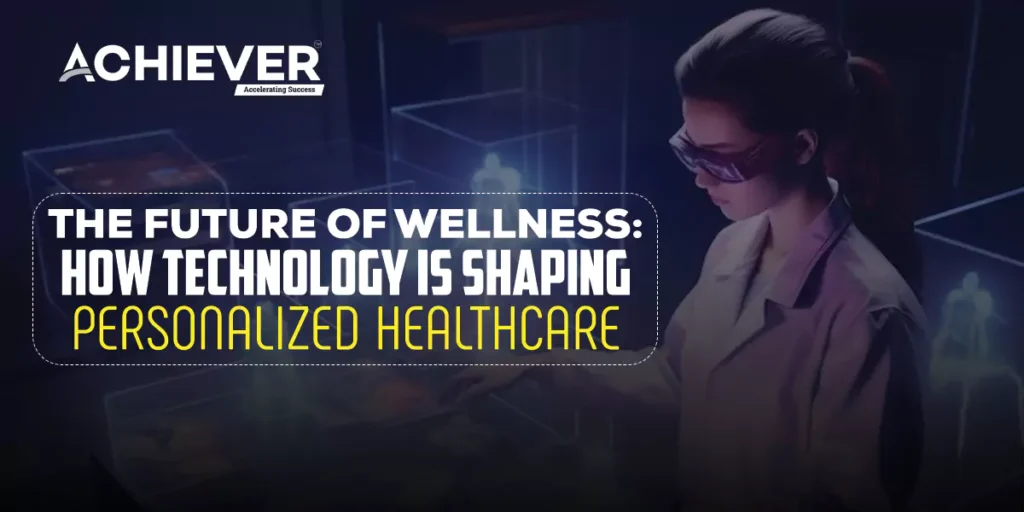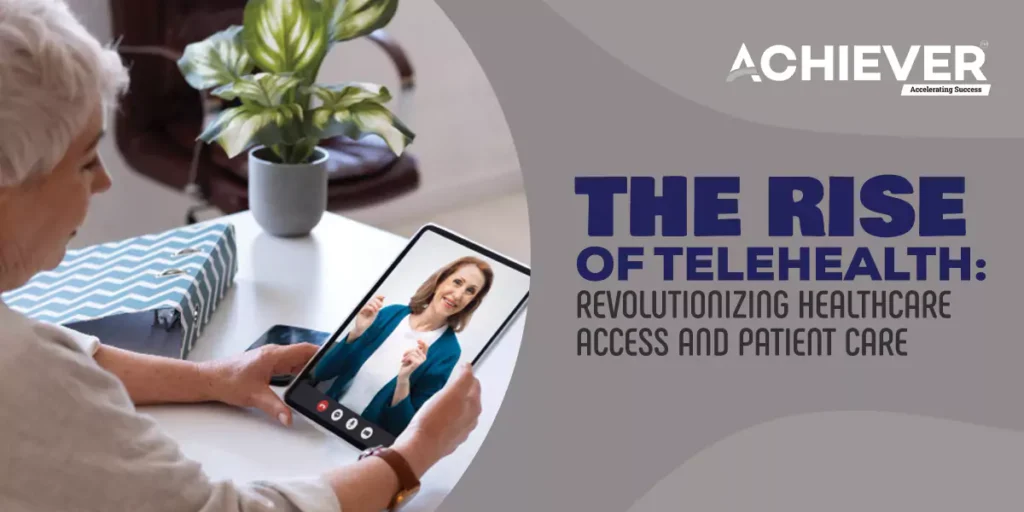As technology continues to evolve, its impact on various sectors, especially healthcare, becomes increasingly profound. The rise of personalized healthcare, powered by technological advancements, is revolutionizing how we approach wellness. This article delves into how technology is shaping personalized healthcare and the implications for patients and providers.
Understanding Personalized Healthcare
Personalized healthcare, often referred to as precision medicine, is an approach that tailors medical treatment and wellness strategies to individual characteristics, preferences, and needs. Unlike traditional healthcare, which often follows a one-size-fits-all model, personalized healthcare considers factors such as genetics, lifestyle, and environmental influences. This shift toward personalization allows for more effective treatments and better health outcomes, as it recognizes the uniqueness of each patient.
The Role of Technology in Personalized Healthcare
Several technological advancements are driving the personalization of healthcare, making it more accessible, efficient, and patient-centered. Here are some key technologies reshaping the landscape:
- Wearable Devices
Wearable technology, such as fitness trackers and smartwatches, has become increasingly popular among consumers. These devices monitor various health metrics, including heart rate, sleep patterns, and physical activity levels. By collecting real-time data, wearables enable individuals to track their health and fitness goals, providing valuable insights that can be shared with healthcare providers.
For example, continuous glucose monitors (CGMs) are wearable devices that track blood sugar levels in real time for individuals with diabetes. This technology allows for timely interventions and personalized recommendations, improving diabetes management and overall health.
- Telehealth and Virtual Care
The COVID-19 pandemic accelerated the adoption of telehealth services, enabling healthcare providers to deliver care remotely. Telehealth allows patients to consult with healthcare professionals through video calls, phone calls, or messaging platforms. This convenience not only saves time but also increases access to care, especially for those in remote areas.
With telehealth, patients can receive personalized advice based on their medical history and current health status, making healthcare more tailored and efficient. Additionally, virtual care platforms often integrate data from wearables and other health devices, further enhancing the personalization of care.
- Artificial Intelligence (AI) and Machine Learning
Artificial intelligence and machine learning are revolutionizing personalized healthcare by analyzing vast amounts of data to identify patterns and trends. These technologies can process genetic information, lifestyle choices, and environmental factors to generate tailored health recommendations.
For instance, AI algorithms can analyze genomic data to predict individual responses to specific medications, helping doctors choose the most effective treatment plans. Moreover, machine learning can identify risk factors for various diseases, enabling proactive measures to prevent health issues before they arise.
- Health Apps and Platforms
The proliferation of health and wellness apps has empowered individuals to take control of their health. These applications provide personalized health plans, track nutrition, and offer mental health resources. By leveraging user data, these apps can deliver tailored recommendations that align with individual health goals.
For example, apps that analyze dietary habits can suggest personalized meal plans based on users’ health conditions, dietary restrictions, and fitness objectives. Such tools promote healthier lifestyle choices, contributing to overall wellness.
- Genomics and Personalized Medicine
Advancements in genomics have transformed personalized healthcare by enabling the analysis of an individual’s DNA to identify genetic predispositions to certain health conditions. Genetic testing can reveal valuable information about an individual’s risk for diseases such as cancer, cardiovascular disorders, and metabolic conditions.
By understanding their genetic makeup, individuals can adopt proactive measures to mitigate risks, such as lifestyle changes or preventive treatments. This level of personalization enhances the effectiveness of medical interventions and fosters a more proactive approach to health management.
The Benefits of Technology in Personalized Healthcare
The integration of technology in personalized healthcare offers numerous benefits:
- Improved Patient Engagement: Personalized healthcare encourages active participation from patients in their health journeys. When individuals receive tailored recommendations and insights, they are more likely to engage in their wellness routines.
- Enhanced Outcomes: Personalized treatments and interventions lead to improved health outcomes. By addressing individual needs and preferences, healthcare providers can deliver more effective care.
- Cost Efficiency: By preventing diseases and managing chronic conditions more effectively, personalized healthcare can reduce overall healthcare costs. Early interventions can prevent the need for expensive treatments down the line.
- Accessibility: Technology makes healthcare more accessible to diverse populations. Telehealth, for instance, bridges geographical gaps, allowing individuals to receive care regardless of their location.
Challenges and Considerations
While the future of personalized healthcare looks promising, there are challenges to address. Data privacy and security concerns are paramount, as individuals share sensitive health information through various platforms. Additionally, ensuring equitable access to technology and personalized care for underserved populations remains a critical issue.
Moreover, healthcare providers must balance technological advancements with the human touch that defines effective patient care. While data and algorithms are essential, the empathetic understanding of healthcare professionals cannot be overlooked.
Conclusion
The future of wellness is being reshaped by technology, driving the evolution of personalized healthcare. Wearable devices, telehealth, artificial intelligence, and genomic advancements are transforming how we approach health and wellness. By tailoring treatments and recommendations to individual needs, personalized healthcare promises improved outcomes, enhanced patient engagement, and greater accessibility.
As we move forward, it’s essential to navigate the challenges of technology integration thoughtfully, ensuring that personalized healthcare remains equitable and compassionate. The convergence of technology and healthcare is paving the way for a healthier future, where individuals can take charge of their wellness journeys like never before.







